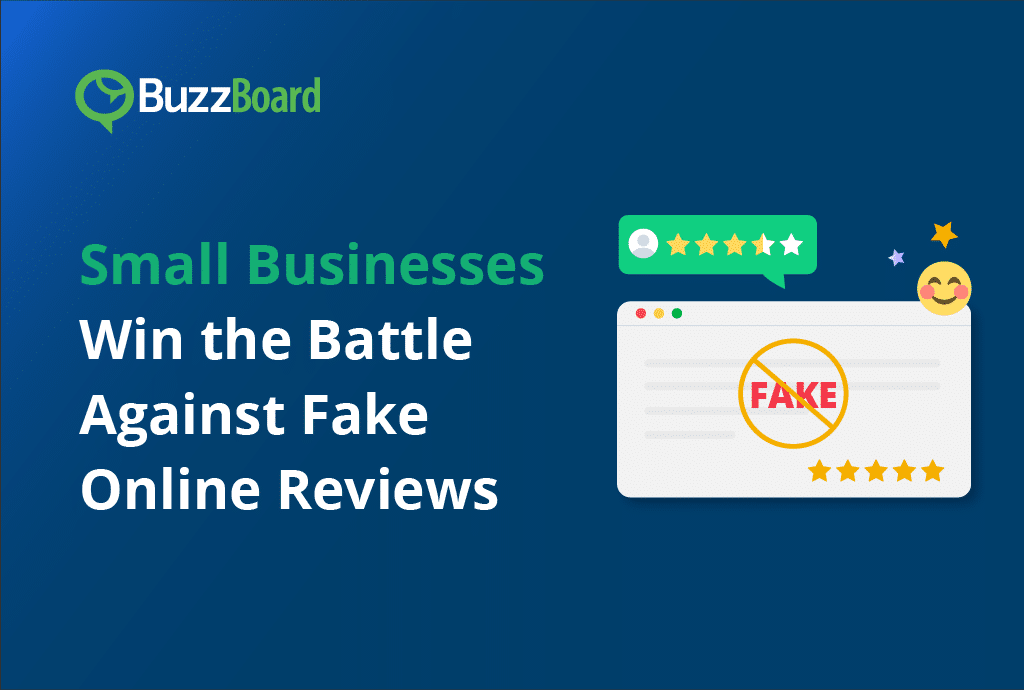In a major victory for small businesses, the Federal Trade Commission (FTC) has issued a new final rule that prohibits the use of fake online reviews and deceptive endorsements. This landmark decision aims to create a more transparent and trustworthy online marketplace, empowering small companies to compete on a level playing field.
The ban covers phony testimonials by non-existent customers, company insiders, and even AI-generated reviews as well as followers. Violators can face fines of up to $51,744 per breach.
Fake Feedback Out of the Equation: Genuine Reviews to Get More Visibility
False reviews have long been a source of frustration for small and medium-sized businesses (SMBs). Competing against larger companies that could manipulate online platforms with fabricated positive reviews or hide negative ones puts SMBs at a significant disadvantage.
According to the World Economic Forum, 4% of all online reviews are fake, which may sound small. In reality, fake reviews influence a staggering $791 billion of e-commerce purchases every year in the US alone.
These dishonest practices skewed the marketplace, making it difficult for small businesses with fewer resources to stand out. “Fake reviews not only waste people’s time and money, but also pollute the marketplace and divert business away from honest competitors,”.— FTC Chair Lina M. Khan.
For small business owners, this ruling couldn’t come at a better time. By cracking down on these deceptive practices, the FTC is empowering buyers to make more informed purchasing decisions and giving sellers, i.e. small businesses, a fair chance to showcase their true value.
Lina has further stated, “By strengthening the FTC’s toolkit to fight deceptive advertising, the final rule will protect Americans from getting cheated, put businesses that unlawfully game the system on notice, and promote markets that are fair, honest, and competitive.”
For SMBs this means, their genuine positive reviews will carry more weight, they can build trust and credibility based on the actual quality of their products or services, less market distortion leading to stronger online brand reputation, and free yet more valuable user-generated content from real customers.
FTC Guides Small Business Owners: Final Rule Highlights
Conclusion
The rule received support and input from trade groups and companies, including Alphabet’s Google, Amazon.com Inc., and the review site Yelp. In October 2022, Amazon had announced that it filed lawsuits against 10 U.S. companies as well as firms in Spain and Italy, aiming to block the sources of fake reviews. Google has specified in a statement that its policies, “clearly state reviews must be based on real experiences and information, and we closely monitor 24/7 for fraudulent content, using a combination of people and technology. When we find scammers trying to mislead people, we take swift action ranging from content removal to account suspension and even litigation.”
The new rule will be enforced 60 days after it’s published in the Federal Register.









